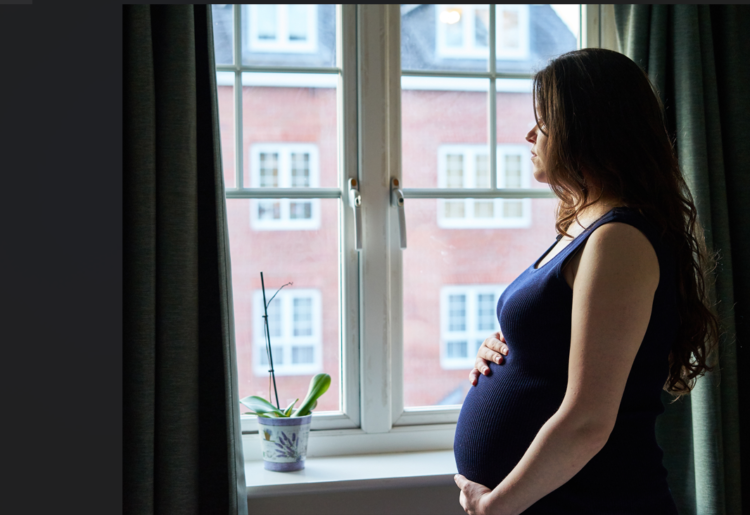Employers are being urged to offer more maternity protection to women after new research revealed that more than half (52%) have faced some type of discrimination when pregnant, on maternity leave or upon their return to work.
The study by Pregnant Then Screwed also found that nearly three-quarters (74%) of mothers reported that it had been suggested their performance had dropped because of pregnancy or maternity leave.
Joeli Brearley, CEO and founder of Pregnant Then Screwed, said: “These stats show how far we have to go before mothers are truly accepted as equal members of the workplace. We know that women are treated differently from the point they get pregnant. They are viewed as distracted and less committed to their work, despite there being no change to their performance. This bias plays out in numerous ways, affecting women’s earnings and career potential.”
Responding to the findings, law firm Axiom DWFM warned employers to make sure that women who are on maternity leave, pregnant or breastfeeding are not treated unfavourably.
Sharokh Koussari, employment partner at the company, said: “The Equality Act 2010 expressly makes maternity and pregnancy a protected characteristic. An employer must take care not to discriminate against because of her pregnancy, an illness related to her pregnancy, including related time off and maternity pay or leave they take or plan to take. The law applies regardless of how long the person has been employed and covers the person from the point they become pregnant until either their maternity leave ends, they return to work or leave their job.
“It worth noting that in addition to the Equality Act protection is afforded to employees against detrimental (unfair) treatment because of pregnancy or maternity leave (Employment Rights Act 1996 s99 and Maternity and Parental Leave etc Regulations 1999 reg. 19). Interestingly this protection (unlike general unfair dismissal which can only take place after two years of employment) applies to employees from day one of your employment.”
He highlighted that it is the company’s responsibility to ensure women are not discriminated against at work, suggesting they could implement a range of initiatives to address this.
Koussari added: “It’s clear from the statistics that the existing framework Is not satisfactory in dealing with maternity and pregnancy issues. It’s clear, there is scope for greater protection.
“One proposal that has been canvassed is to make it obligatory for employers to offer suitable alternative employment to women returning from maternity. Another possible improvement is to extend the limitation period for bringing maternity and pregnancy discrimination claim from three to six or even nine. The three-month period is clearly very difficult to meet for women on maternity leave.”
Employers should also be aware that individuals who are unfairly treated could bring a claim under the Equality Act 2010 and claim injury to feeling damages as well compensatory ones in respect of which there is no cap, Koussari warned.
He explained: “Quite apart from this, this type of claim can reflect very negatively on employers. The stakes are therefore high for employers and it’s important that they remain proactive in dealing with maternity and pregnancy matters.”
He concluded: “It’s essential that HR devises a strong anti-discrimination policy. In particular the policy should lay clear lines of communication allowing maternity and pregnancy issues to me discussed with employees. Managers are in a position of power and may in certain cases even be the ones discriminating against the employees.
HR could also encourage a ‘speak up’ culture in the office where employees feel confident and safe to talk about issues such as discrimination. This can be done with HR regularly checking on employees and arranging short meetings with them.
HR should also ensure to offer their support to pregnant women during and after their pregnancy.”











